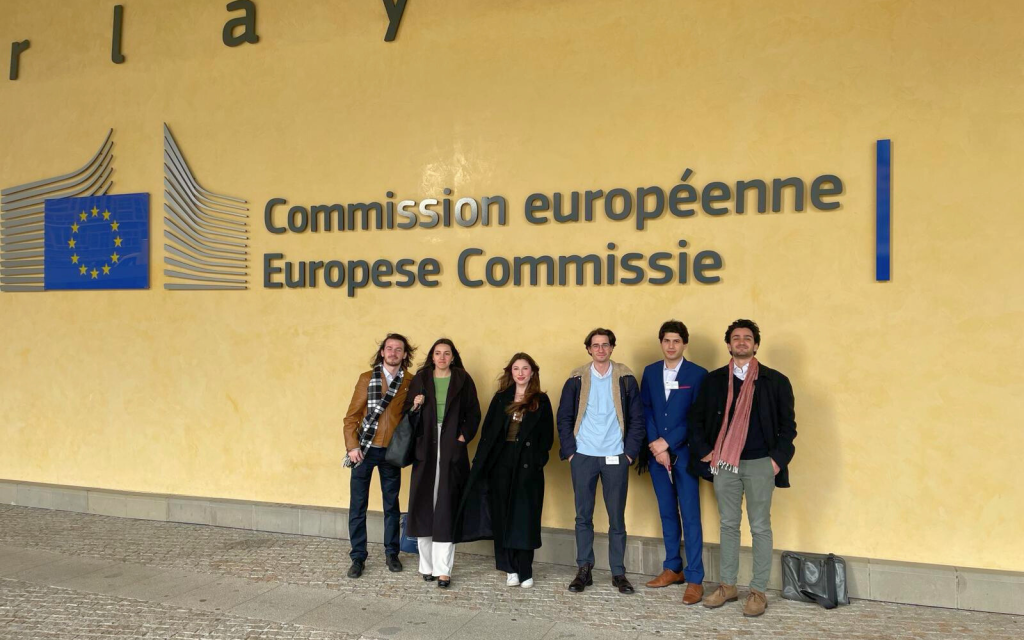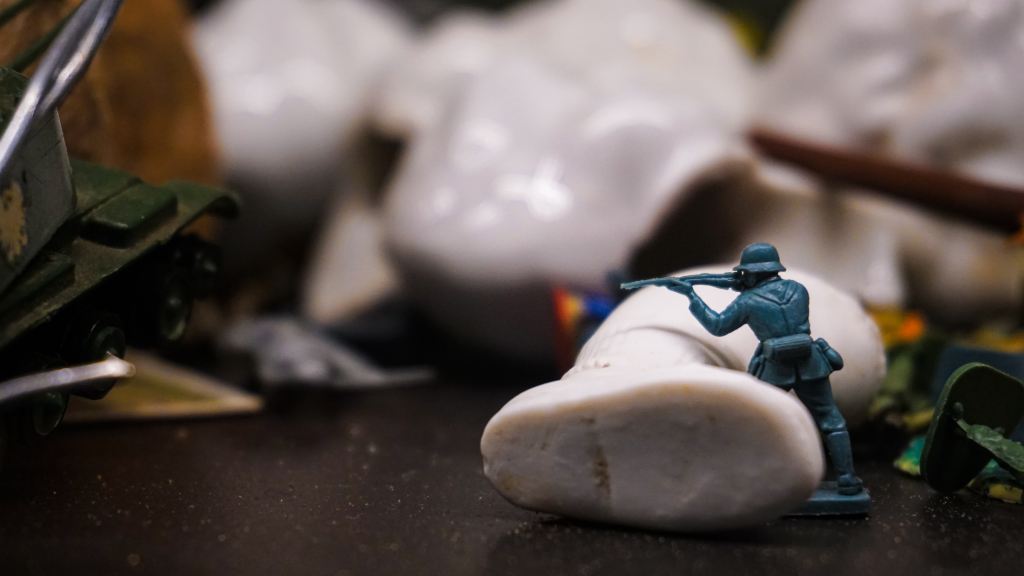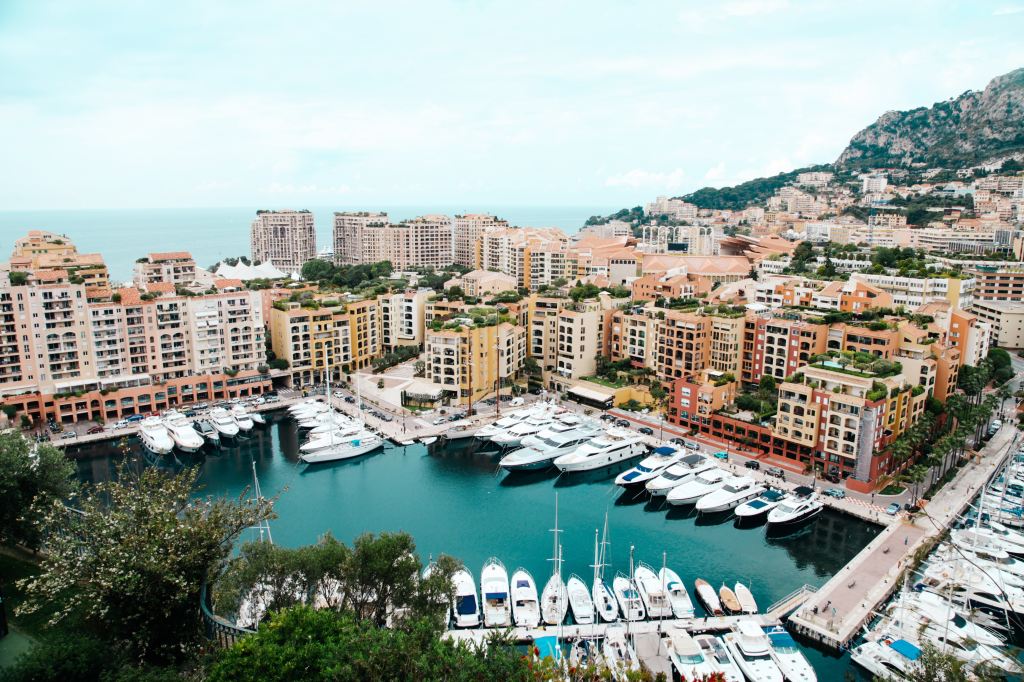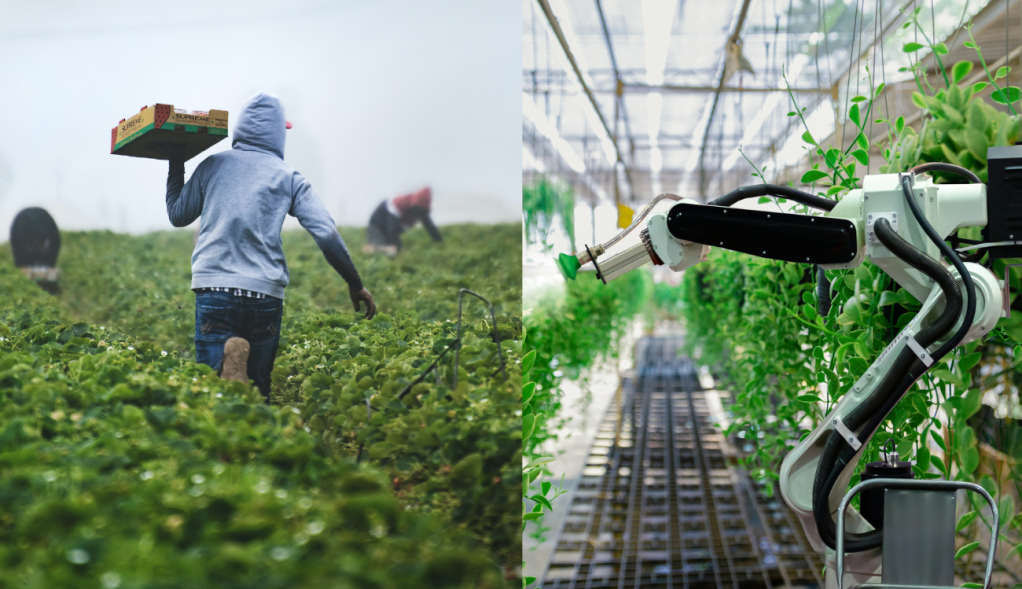MSc European Politics and Policy student Tea Zyberaj reflects on the cohort’s recent study trip to Brussels, organised by the European Institute
Last month, the MSc European Politics and Policy cohort at UCL departed on a three-day study trip to visit some of the European institutions, think tanks and news outlets based in Brussels. We explored the complexities of EU decision-making processes and agenda-setting strategies through collaborative workshops and bespoke conversations on topical themes, from climate and sustainability to the EU as a foreign policy actor.
The visit was designed to complement our academic learning on the MSc with practice-led sessions centred on strengthening students’ capacity for impactful policy analysis, policy briefings and policy engagement. It encouraged us to consider a diverse range of careers and supported the development of collaborative relationships between UCL students and policy officials in EU institutions.
European Parliament
Shortly after arriving in Brussels, we engaged in a small-group discussion on lobbying in the EU bubble and the EU AI Act with Dan-Flaviu Nechita, Head of Cabinet for MEP Dragos Tudorache and rapporteur on the AI Act. The timing of the session was noteworthy, as only a day had passed since the Parliament Committees had voted overwhelmingly in favour of adopting the EU’s proposed AI Act, marking a significant feat for Dan.
The visit gave us insights on the realities of the policy cycle, particularly on the role of lobbyists and the methods they employ to influence legislation. We met representatives from diverse backgrounds and organisations, including OpenAI and The Future Society think tank.
After a tour of the hemicycle, our day at the European Parliament concluded with an incredibly topical and engaging exchange with members of the European Parliament Research Service on the current and future state of EU security and defence. Alex Wilson, Parliamentary Administrator in the Secretariat of the European Parliament’s Committee on Industry, Research and Energy, and Sebastian Clapp, Policy Analyst within the External Policies Unit, shared their views on the current state of play in EU defence and energy policy following Russia’s invasion of Ukraine.
A productive and informative back and forth ensued between the two speakers and our group of seven as we covered topics ranging from the unprecedented transformation of the European Peace Facility, to questioning the diplomatic weight of the European Political Community and predicting the future of EU-NATO cooperation in light of a waning U.S. role in European security.
We also had the pleasure of having Alex join us for dinner at Chez Léon, where we had engaging and transparent conversations on barriers to EU integration and career opportunities in Brussels over abundant portions of moules frites. His collegial approach to our small group offered a closer look at the realities of living and working in Brussels, inspiring confidence and motivating us to try our hand at applying for internships available within the EU ecosystem.
European Commission
The first session of Day Two of our trip was held within the walls of the European Commission. After a general presentation and refresher on the role of the Commission in the EU, we had the pleasure of meeting with Georg Ziegler, Policy Coordinator and Advisor for the Ukraine Service in the DG for Neighbourhood and Enlargement Negotiations.
Georg candidly shared the vast knowledge he had accumulated on the complexities of EU enlargement politics from his experience working on the ground following the enlargement files of Bosnia and Herzegovina, Albania, and Cyprus. Our cohort made the most of this incredible opportunity to discuss cross-cutting issues related to EU enlargement frameworks, particularly focusing on the challenges associated with Ukraine’s accession to the EU.
Ombudsman
Our afternoon meeting with Carl Dolan, Senior Adviser in the Cabinet of the European Ombudsman, became a standout session for many of us. Little is known about the body’s mandate, from its ability to hold EU institutions and agencies accountable, to the type of investigative actions it undertakes. Carl Dolan’s holistic overview of this impartial EU body provided us with a clear understanding of the Ombudsman’s importance in maintaining transparency and accountability within the multifaceted and often complex EU administration processes.
UK Mission to the EU
On the last morning of our trip, the cohort participated in a curated session hosted by the UK Mission to the EU (UKMis Brussels) at the British Embassy to Belgium, designed to foster cross-border connections between current UCL students and Brussels-based UCL alumni. Together with a panel of UK Mission staff, we reflected on the shared priorities between the UK and the EU, highlighting the growing importance of embracing a more pragmatic approach to reasserting and strengthening cooperation in light of the new global challenges.
The session was successful in showcasing the vital role that UKMis Brussels plays in spearheading this cooperation in a post-Brexit EU ecosystem. Connecting with our peers also reinforced the importance of building personal relationships in view of maximising one’s impact and contributing to (policy) change.
EEAS
The trip concluded with a phenomenal session held at the European External Action Services, where we met with Lars-Gunnar Wigermark, Senior Policy Adviser in the Policy Planning and Strategic Foresight Division, and Michael Mann, Head of Division for relations with Israel, Occupied Palestinian Territories and Middle East Peace Process.
The opportunity to discuss the current and future priorities of the EU’s diplomatic service was a definite highlight. The speakers demonstrated the vital role that the EEAS plays in advancing the EU’s strategic direction in security and defence, taking as examples two issues that have captured the world’s attention: the war in Ukraine and the Israel-Palestine conflict. The session with Michael Mann was particularly relevant in terms of insights on the EU’s response to the alarming escalation of violence between Israel and Gaza.
Concluding remarks
The visit was insightful, exposing us to the complex policy-making dynamics unfolding at the European level. Connecting with the people that form an integral part of the EU’s policy-making ecosystem equipped us with a wealth of knowledge and memories that will help inform our future professional contributions. In those three days, we became part of the Brussels bubble, learning how to translate academic knowledge into impactful policy engagement. The advice and direction supplied by the keynote speakers gave me the confidence needed to embark on an ambitious career path within the field of European politics. Overall, it has been an incredible experience that has added a lot of value to an already remarkable Masters’ programme.
Tea Zyberaj is currently pursuing an MSc in European Politics and Policy. Her research focuses on analysing the EU’s foreign policy architecture and the bloc’s international identity within a more uncertain and transitional global order.
Tea is also one of the Student Ambassadors at the UCL Europe Institute for 2023/24.
Note: The views expressed in this post are those of the author, and not of the UCL European Institute, nor of UCL.





Leave a comment